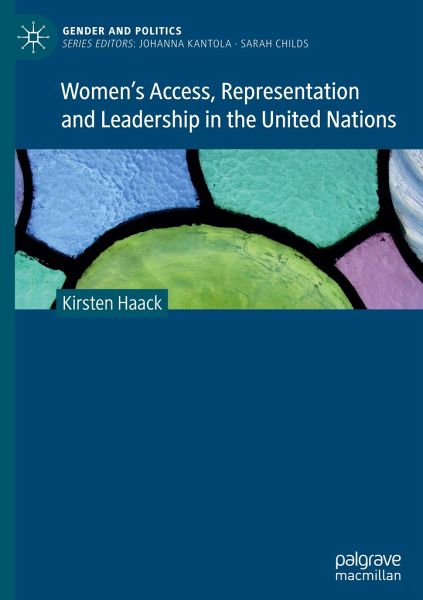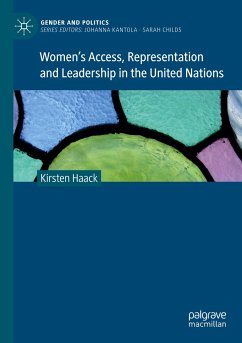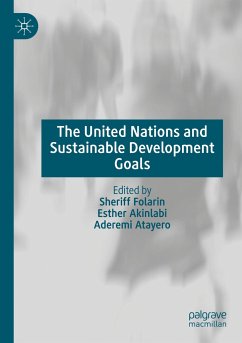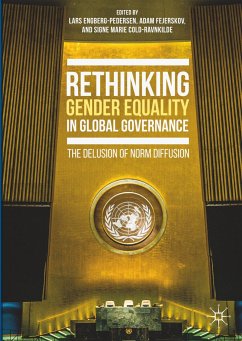
Women's Access, Representation and Leadership in the United Nations
Versandkostenfrei!
Versandfertig in 6-10 Tagen
91,99 €
inkl. MwSt.
Weitere Ausgaben:

PAYBACK Punkte
46 °P sammeln!
The face of international politics has changed significantly in the 21st century: it has become increasingly female. Whether that includes women in multilateral meetings, global conferences and embassies, or women at the UN and one of its many agencies in the field, it is apparent that women are accessing leadership positions in a variety of areas. This book investigates the development of gender equality at the United Nations by analyzing women in leadership roles. This introduction of empirical feminism to the study of international organizations applies what is known about women's participa...
The face of international politics has changed significantly in the 21st century: it has become increasingly female. Whether that includes women in multilateral meetings, global conferences and embassies, or women at the UN and one of its many agencies in the field, it is apparent that women are accessing leadership positions in a variety of areas. This book investigates the development of gender equality at the United Nations by analyzing women in leadership roles. This introduction of empirical feminism to the study of international organizations applies what is known about women's participation and representation in comparative politics and gender studies to the United Nations System. It traces women's access to leadership roles, and explains where and why a range of hurdles prevent women from participating in the work of the UN. In doing so, it offers insights into recruitment and human resources practices and their politics, and into leadership by bureaucratic actors.












